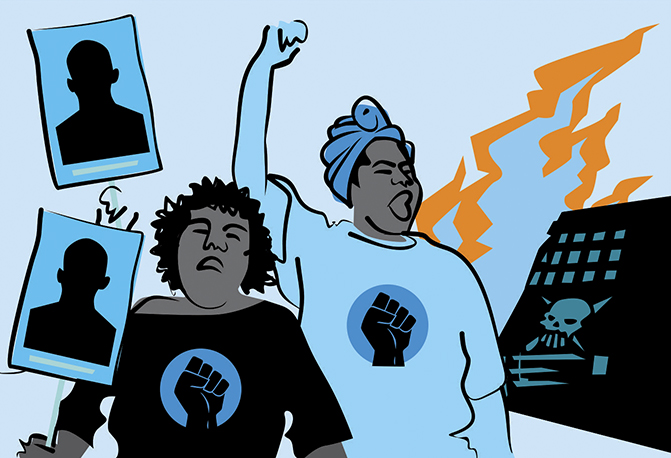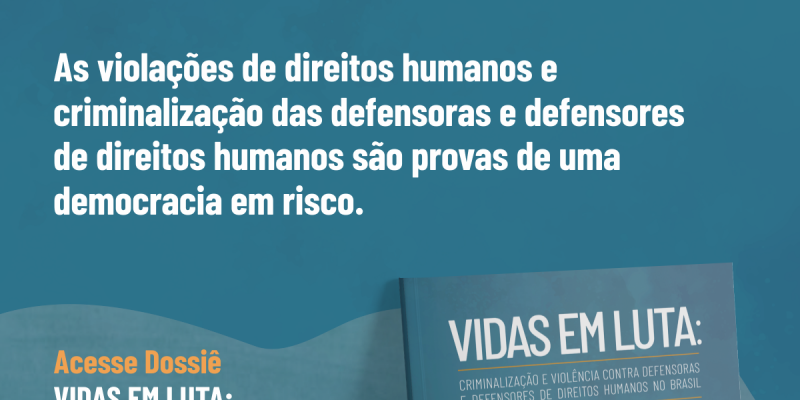
Black population
Black human rights defenders are those committed to the equitable recognition of identities, protecting and preventing discrimination against groups, as well as multiplying and expanding rights. They act against the genocide of the black population, institutional violence, in favelas and peripheries, spaces marked by racial and socioeconomic discrimination.
In Brazil, one of the last countries to formally abolish slavery[1], the black population has long been relegated to a subordinate role in society. Under the myth of racial democracy, where racism does not exist and all its citizens relate harmoniously regardless of race, thousands of blacks and blacks were tortured and killed.
In the country, marked by socioeconomic and socio-racial inequalities, the number of murders of the black population increases[2], as well as the criminalization of human rights defenders. Black human rights defenders are those who suffer in greater degree physical, symbolic and institutional violence. In addition, they are among the most vulnerable social groups in terms of criminalizing fights and the possibility of assassinations.
Working in the field of human rights makes men and women black/more vulnerable, and against background, systematic violence against the black population.
The work of black human rights defenders is essential. And because it is a fundamental measure for strengthening the struggle to protect and defend the human rights of the black population, the work of these defenders must be protected and enhanced.
[1] To know more about it, go to: https://mundoestranho.abril.com.br/historia/qual-foi-o-ultimo-pais-a-abolir-a-escravidao/
[2] To know more about it, go to: https://anistia.org.br/campanhas/jovemnegrovivo/

